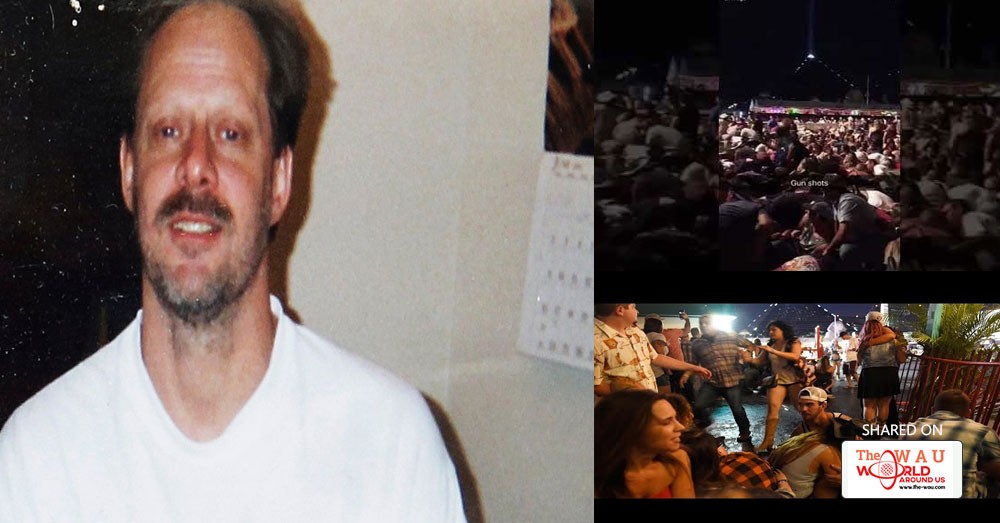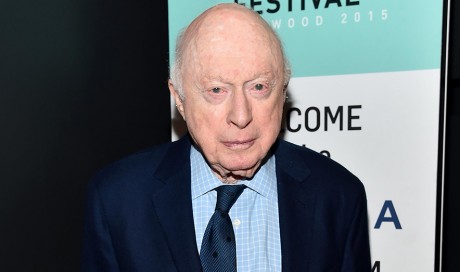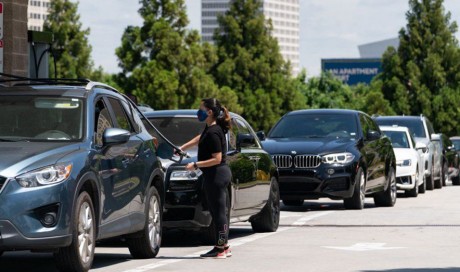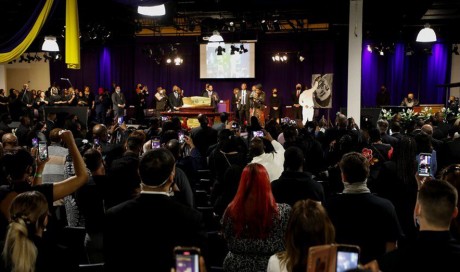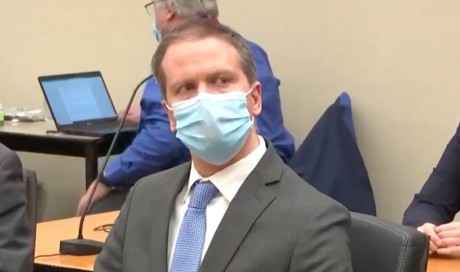Stephen Paddock was a contradiction: a gambler who took no chances.A man with houses everywhere who did not really live in any of them. Someone who liked the high life of casinos but drove a nondescript minivan and dressed casually, even sloppily, in flip-flops and sweatsuits. He did not use Facebook or Twitter, but spent the past 25 years staring at screens of video poker machines.
Paddock, a former postal worker and tax auditor, lived an intensely private, unsocial life that exploded into public view last week, when he killed 58 people at a country music festival and then shot himself. But even with nationwide scrutiny on his life, the mystery of who he was has only seemed to deepen.
On Friday, a law enforcement official said Paddock's girlfriend, Marilou Danley , told investigators that he seemed to be deteriorating in recent months both mentally and physically. Perhaps his methodical and systematic mind had turned in a lethal and unpredictable new direction. To the few people who knew him well, it is the only plausible explanation.
"I wish I could tell you he was a miserable bastard, that I hate him, that if I could have killed him myself, I would have," said Eric Paddock, a younger brother. "But I can't say that. It's not who he was. We need to find out what happened to him. Something happened to my brother."
The Las Vegas police believe Paddock may have had a secret life. He had been buying guns since 1982. But something seemed to change last October. He went on a shopping spree, adding to his arsenal until late last month. One of his purchases, a shotgun, came from Dixie Gunworx in St. George, Utah. Chris Michel, the owner, said Paddock visited the store three times in January and February, making the 40-minute drive from Mesquite, Nevada.
Michel recalled Paddock saying that he was stopping at a number of local gun dealers, that he had retired and moved to the area, and that he was trying to get back into his hobbies.
When it came to guns, Michel said, "he was not a novice."
The son of a bank robber and a secretary, Paddock grew up lower middle class in Southern California in the 1960s. From an early age, he focused on gaining complete control over his life and not having to rely on anyone. He cycled through a series of jobs he thought would make him rich, Eric Paddock said.
"He went to work for the IRS because he thought that's where the money was, but it turned out the money wasn't there," the younger Paddock said. "He went to the aerospace industry, but the money wasn't there either. He went to real estate, and that's where the money was."
Stephen Paddock began buying and refurbishing properties in economically depressed areas around Los Angeles, teaching himself how to put in plumbing and install air-conditioning. By the late 1980s, "we had cash flow," said Eric Paddock, who added that he had given his life savings to his older brother to invest and eventually became a partner in his company, because "that's the kind of guy he was. I knew he would succeed.
"He helped make my mother and I affluent enough to be retired in comfort," he said.
With success came a rigidity and uncompromising attitude, along with two failed marriages, both short and childless. Stephen Paddock started gambling. Some who met him described him as arrogant, with a strong sense of superiority. People in his life bent to his will, even his mother and brother. He went out of his way for no one.
"He acted like everybody worked for him and that he was above others," said John Weinreich, 48, a former executive casino host at the Atlantis Casino Resort Spa in Reno, where he saw Paddock frequently from 2012 to 2014. When Paddock wanted food while he was gambling, he wanted it immediately and would order with more than one server if the meal did not arrive quickly enough.
Weinreich said he would get irritated and "uppity about it."
Paddock was uncompromising, but he was also smart.
"I would liken him to a chess player: very analytical and a numbers guy," Weinreich said. "He seemed to be working at a higher level mentally than most people I run into in gambling."
Paddock cherished his solitude, his brother said. In 2003, he got his pilot's license after training in the Los Angeles area, eventually taking the extra step to get an instrument rating so that he could legally fly in cloudy conditions with limited visibility. He bought cookie-cutter houses in Texas and Nevada towns with small airports so he could park his planes. He was utterly unremarkable.
"This guy paid on time every time and did not cause any problems at any time," said Lt. Brian Parrish, spokesman for the Police Department in Mesquite, Texas, where Paddock rented a hangar for $285 a month from 2007 through 2009. He also stored planes at the small airport in Henderson, Nevada, from 2002 to 2010, an airport spokesman said, though it is not clear if he ever lived at the local addresses to which they had been registered.
Even in death, Paddock seemed to stay true to his ways. He remained in control, answerable to no one but himself. He was ensconced in a carpeted hotel suite. He was wearing gloves, as he often did to protect his sensitive skin. He shot himself before the police broke into his room. A piece of paper with numbers written on it lay on a table near his body.
"If Steve decided it was time for Steve to go, Steve got up and left," Eric Paddock said. "He did what he wanted to do when he wanted to do it."
...[ Continue to next page ]
Share This Post

